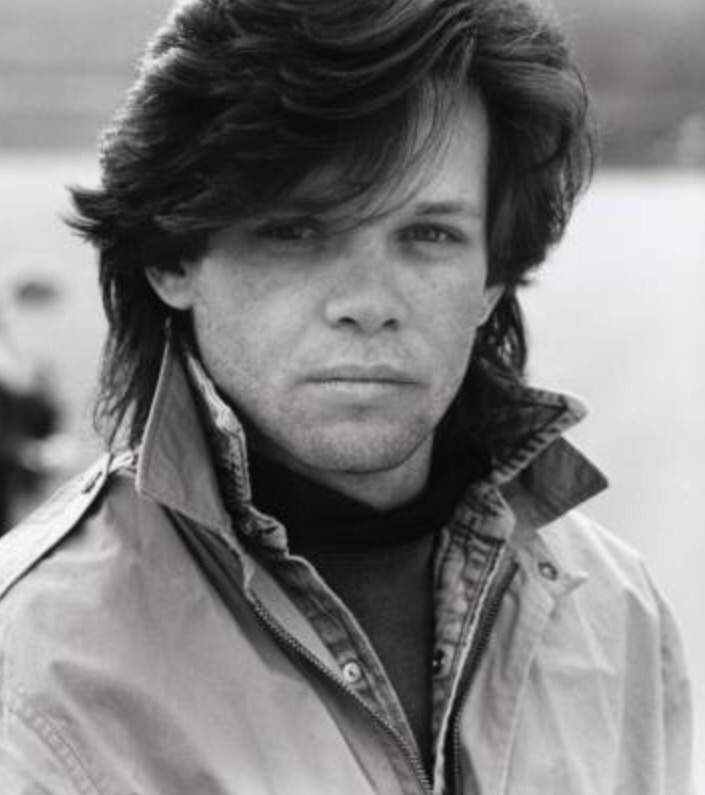

Meaning (to me) that wealthy people can go on vacations to wherever they want without a care in the world (and no thought for those who don't have the means), but working class people can't do that, their "thrills" cost them big-time - either in the form of bills for vacations and other things they can't afford (loans, credit card debt, etc.), or by turning to drugs as an escape from the endless cycle and struggle of living paycheck to paycheck. BUT (on the other hand) "the simple man pays for thrills - with bills, and pills that kill". My interpretation of those particular lyrics is that they refer back to the line "Well there's people, and more people, what do they know.Go to work in some high rise, and vacation down at the Gulf of Mexico". Checotah James from NcThis comment is for "John from 72712".

Today's(21st c.) music is little pink pop songs. A big row of houses(subdivision) all identical. George from Vancouver, Canadahmmph, I'd heard, in the '80s that this song is referencing the cookie cutter houses that stood or he lack of imagination in modern American architecture/etc.There is a little bit of Jackie Brown in all of us. Well done John! Your songs have always been my favorites. I loved the spirit and talent of the kid way back then, and have loved his music and career that followed. He sometimes was bare-footed and did not have a pen, pencil, or notebook, but always had a guitar on his shoulder and a big smile on his face! He would often sit around for hours playing and singing for/with his classmates after class.

ColoradoJohn was a student in one of my Geography classes at Vincennes University in the early 1970's. Lyrics licensed and provided by LyricFind Little pink houses babe for you and me, ooo yeah ooo yeah Little pink houses for you and me, ooo, ooo yeahĪin't that America, hey we're something to see babyĪin't that America, oh the home of the free, 'Cause the simple man baby pays the thrills, Little pink houses, for you and me, oh baby for you and me He says: "Lord, this must be my destination"īut just like everything else, those old crazy dreams Little pink houses for you and me, oh for you and me Oh but ain't that America, for you and meĪin't that America, we're something to see babyĪin't that America, home of the free, yeah "Hey darling, I can remember when you could stop a clock" It was another way for me to sneak something in.He's got an interstate running' through his front yardĪnd there's a woman in the kitchen cleaning' up evening slop “The American dream had pretty much proven itself as not working anymore.

But it’s really an anti-American song,” he told Rolling Stone in the same interview. “This one has been misconstrued over the years because of the chorus – it sounds very rah-rah. In fact, the song wasn’t the way many think it is. Just by an observation of one man’s existence in the interstate of Indianapolis, John Mellencamp took a great issue with American life. “You know, he thinks, he’s got it so good / And there’s a woman in the kitchen cleaning up evening slop / And he looks at her and says, ‘Hey darling, I can remember when you could stop a clock.” “There’s a black man with a black cat / Living in a black neighborhood / He’s got an interstate running’ through his front yard,” he depicts. Lyrically, it was a straightforward approach. So, I went with that positive route when I wrote this song.” He continued, “Then I imagined he wasn’t isolated, but he was happy. I thought, ‘Wow, is this what life can lead to? Watching the fuckin’ cars go by on the interstate?,’” he told Rolling Stone in 2013. “ was sitting on his front lawn in front of a pink house in one of those shitty, cheap lawn chairs. ‘Pink Houses’ was John’s most misunderstood song, he was inspired to write this song when he saw a black man holding a black cat on his front lawn – cool and calm:


 0 kommentar(er)
0 kommentar(er)
